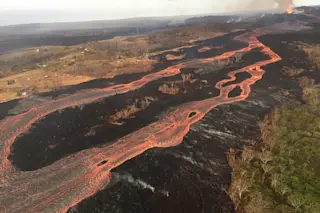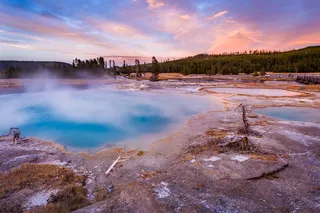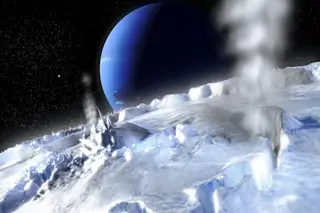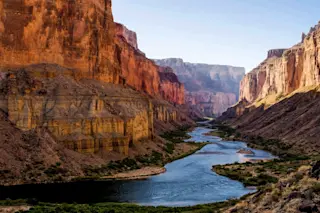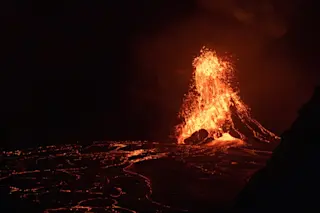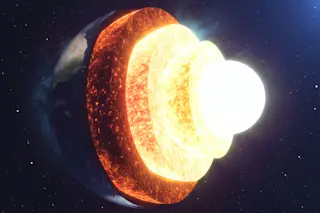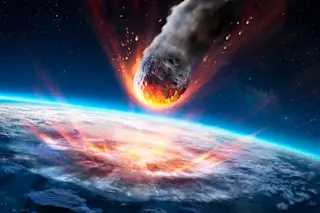Lava flows from Fissure 8 on Kilauea, seen on July 2, 2018. USGS/HVO. Since high profile eruptions like the ones at Kīlauea or Fuego, those of us in the volcanosphere get a lot of emails/tweet/questions that ask a very similar question: Is volcanic activity increasing? In fact, many times the question isn't even if it is increasing but why it is increasing, accepting without question the notion that we are experiencing more volcanic eruptions today than in the Earth's past. However, ask a volcanologist (like me) that question, and you'll get the same answer from pretty much everyone: No, it is not increasing. So, why do so many people think it is? Well, that comes from stuff going on in your head rather than anything in our planet. So, why do people perceive volcanic activity as increasing when it isn't? To answer that, let's start with Mookie Betts. Many of ...
Is Volcanic Activity Increasing Across the Globe? No, But Your Brain Thinks So
Is volcanic activity increasing? Find out the truth behind perceptions and recency bias in monitoring volcanoes closely.
More on Discover
Stay Curious
SubscribeTo The Magazine
Save up to 40% off the cover price when you subscribe to Discover magazine.
Subscribe

